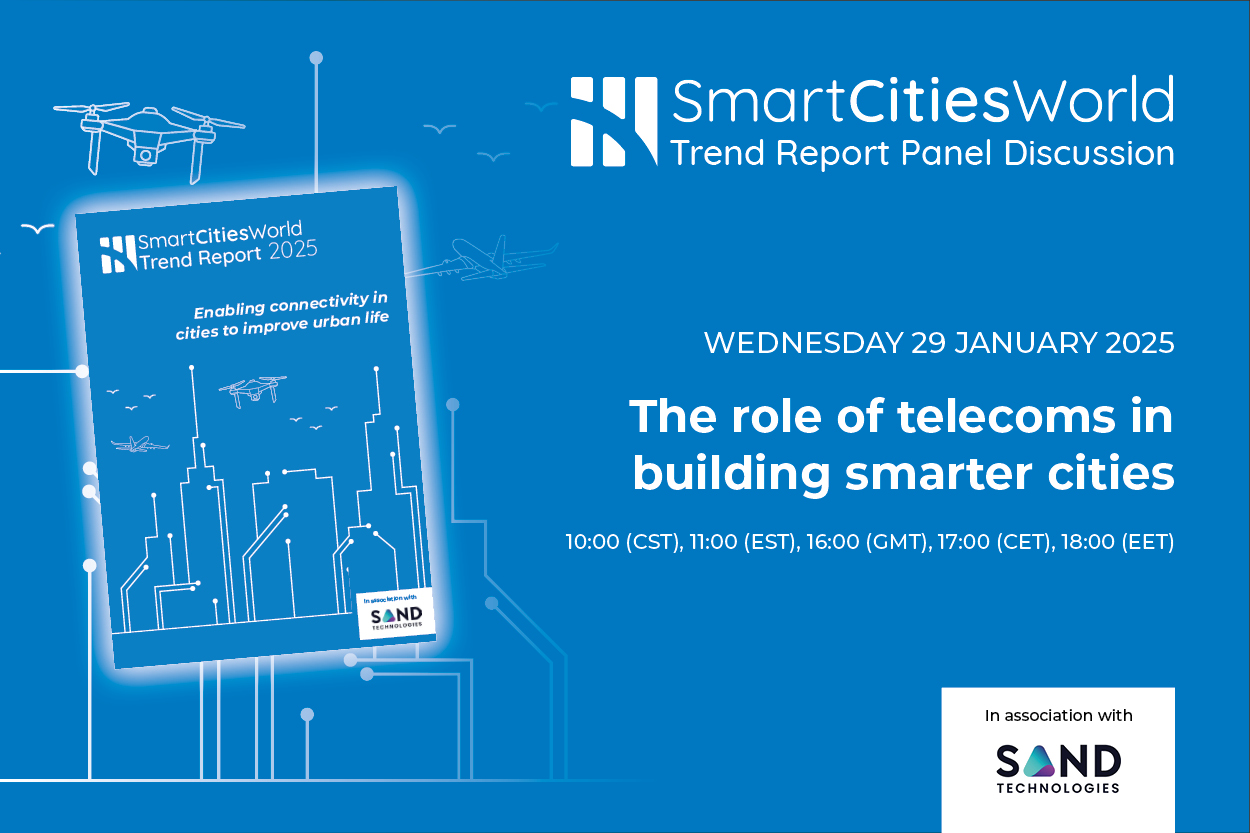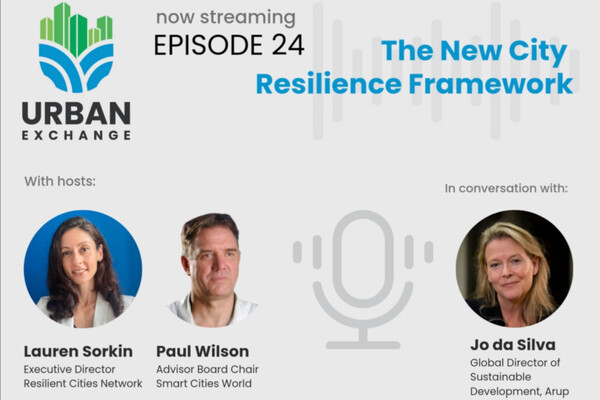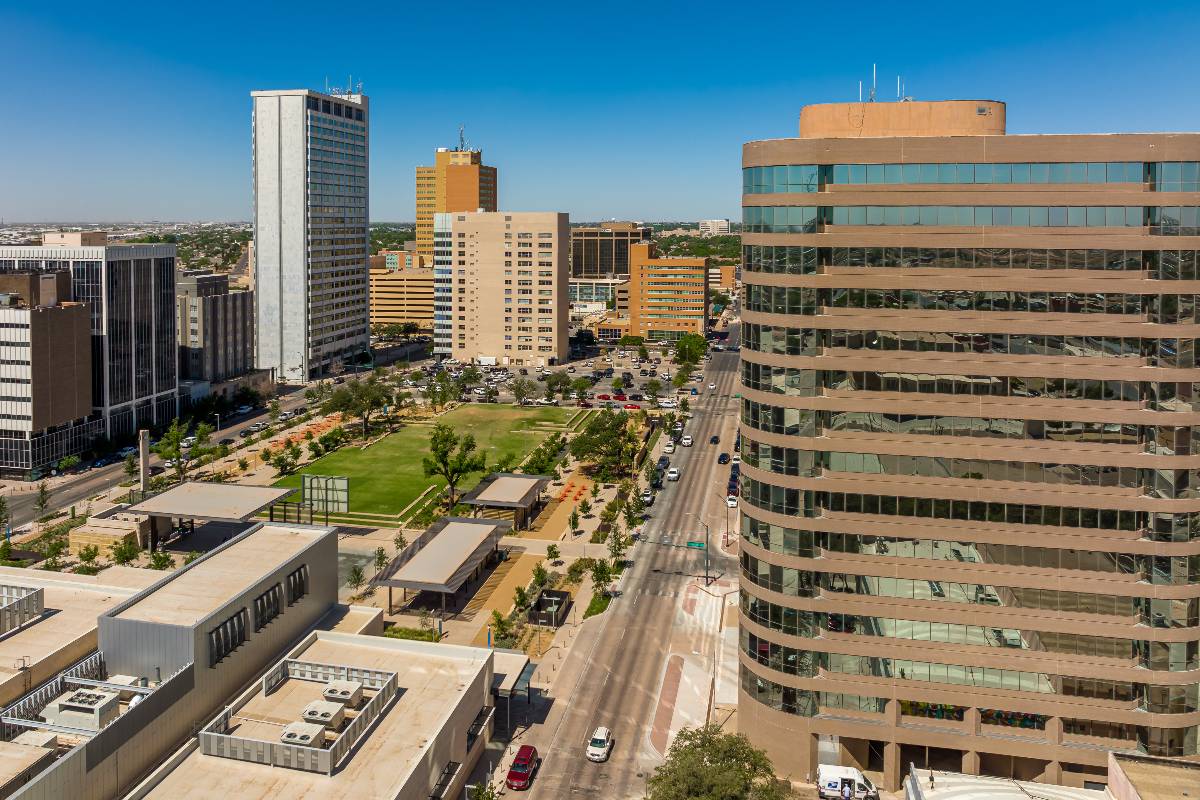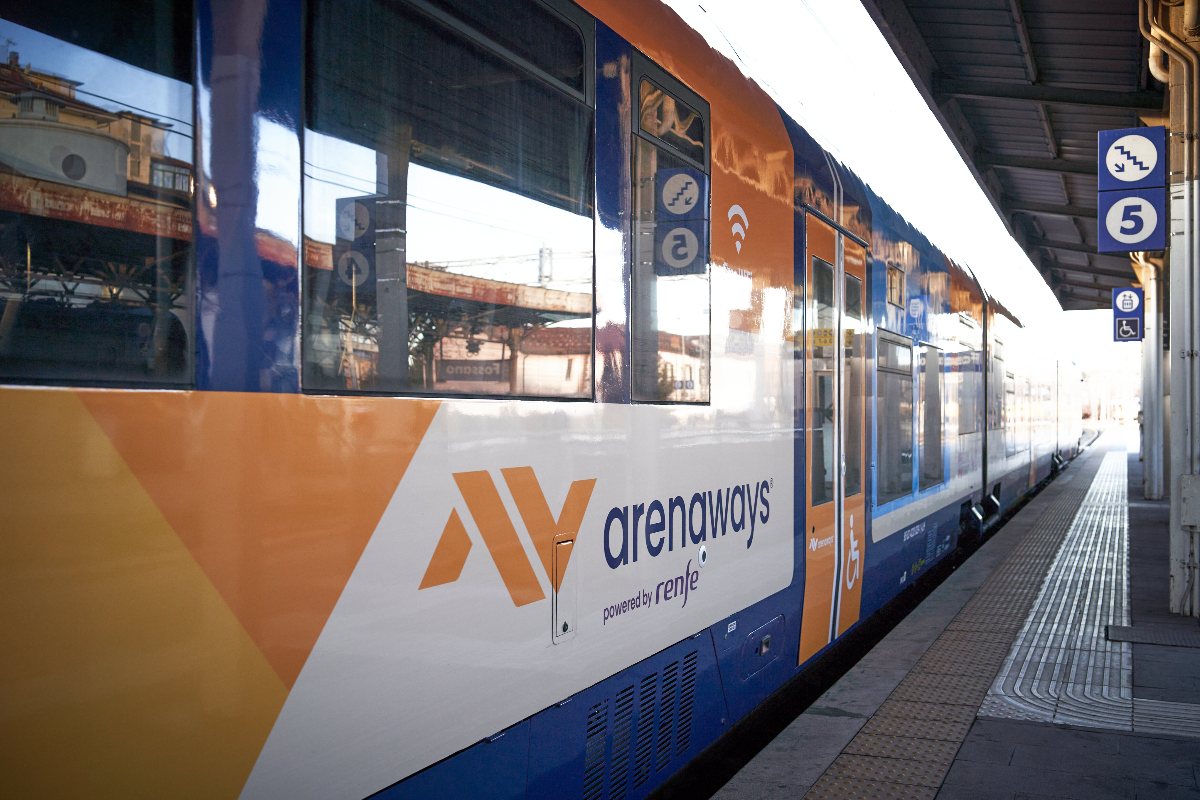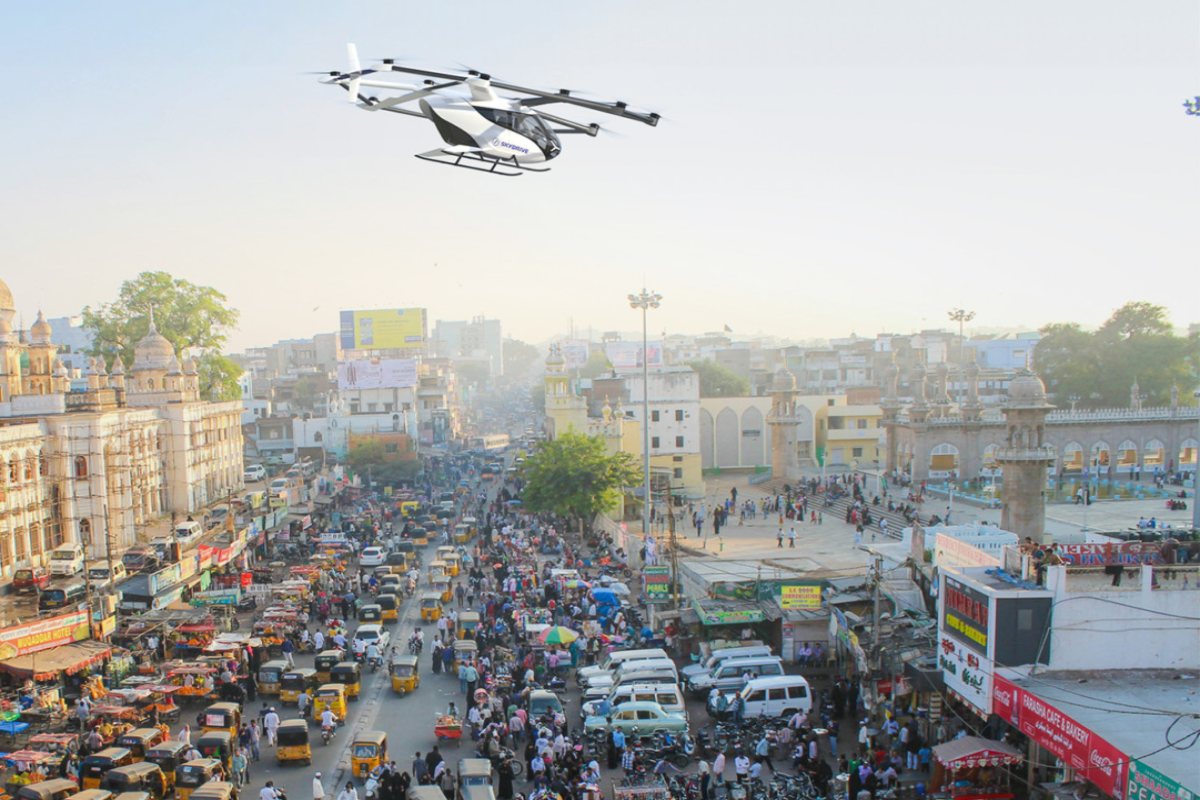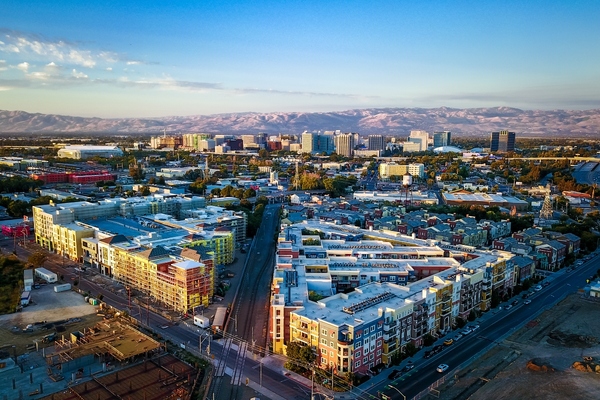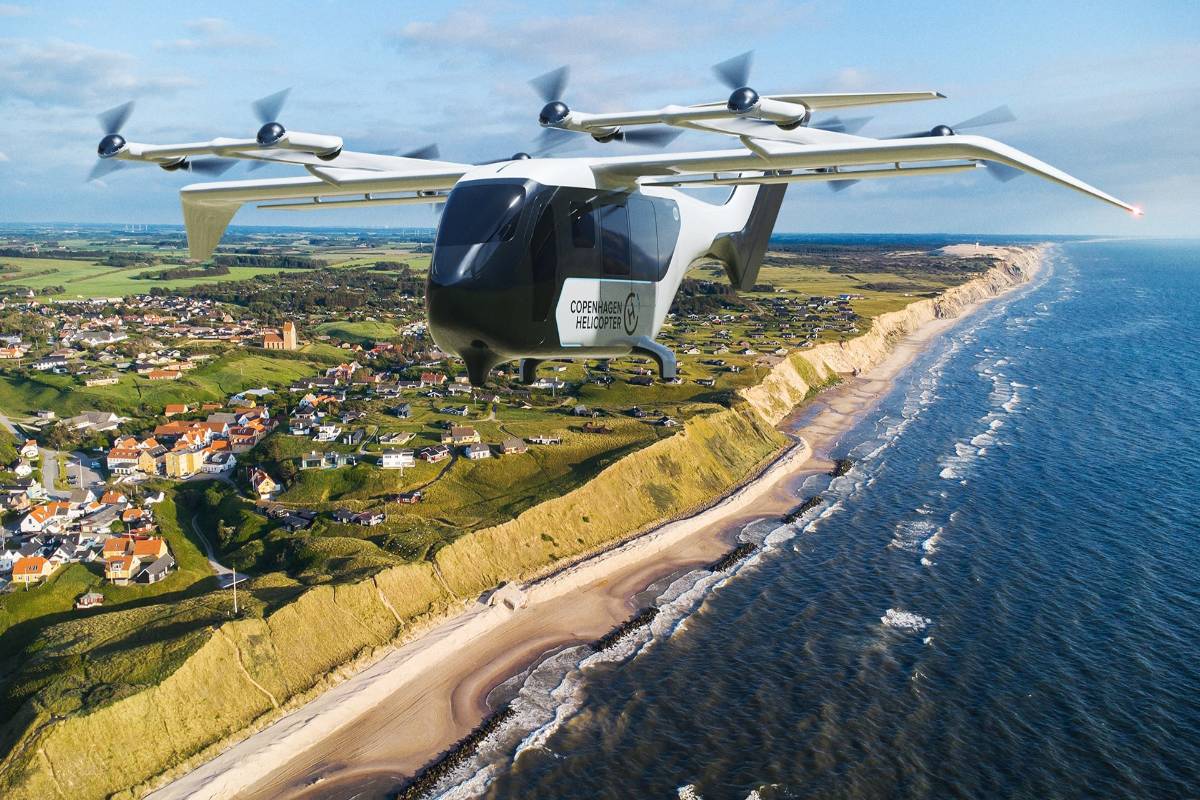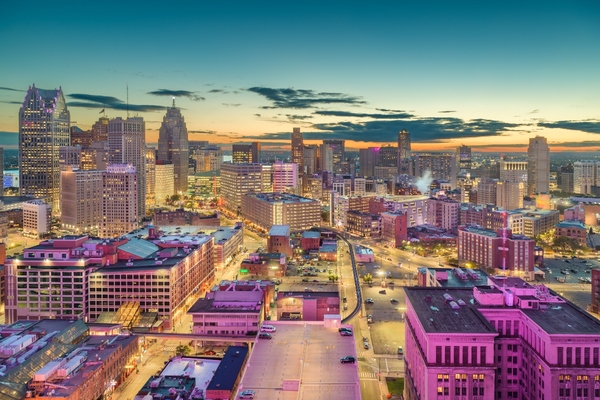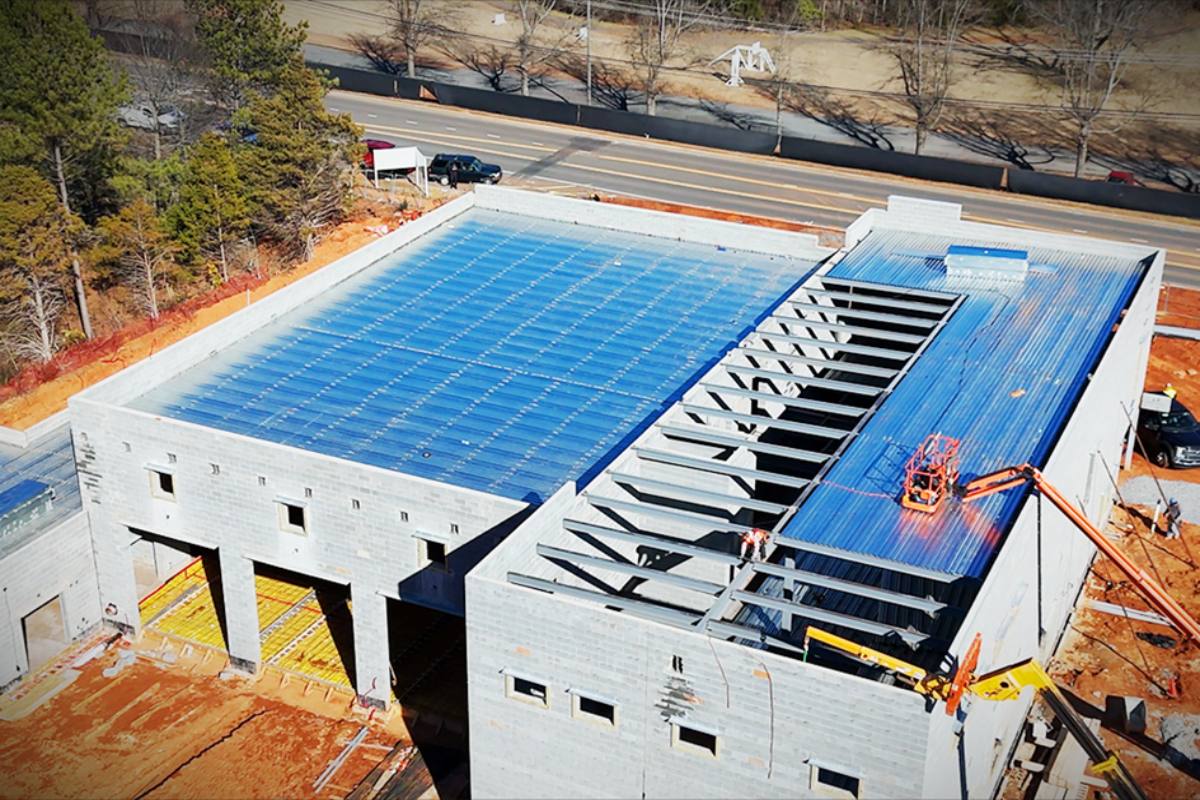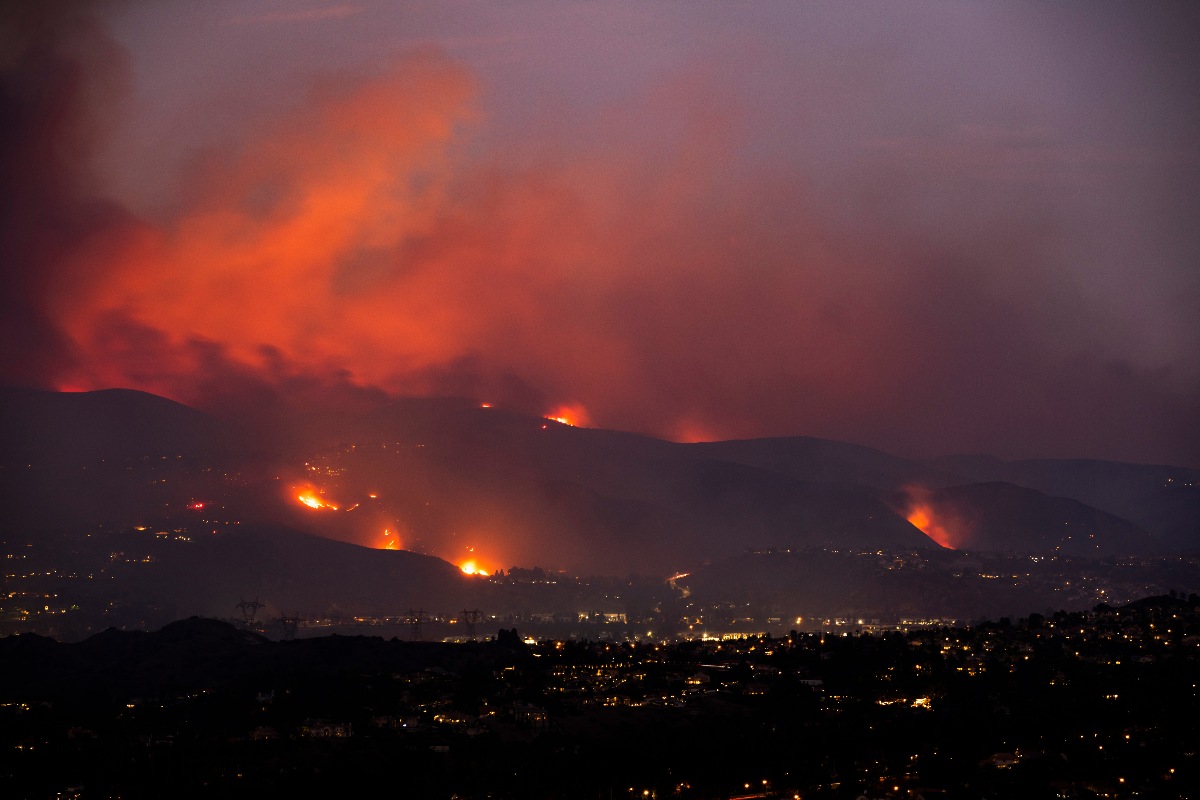Special Reports
SusHi Tech Tokyo 2024: experience ‘Tokyo 2050’ todaySponsored by The SusHi Tech Tokyo 2024 Showcase Program Executive Committee
Building bridges in the Covid-19 fightback
SmartCitiesWorld talks to Octavi de la Varga, secretary general of Metropolis, about how its digital platform is helping the global village battle against Covid-19.

The “global village” is a phrase that has been over- and misused since it was coined almost 60 years ago by Canadian thinker Marshall McLuhan. But it has resonance in the coronavirus era as cities look to their neighbours from all parts of the world for help.
Cultural differences may endure but cities are facing similar problems with regards to Covid-19 risking (and costing) lives, straining healthcare systems and the associated effects on a locked down country. Recent events in China and New Zealand have shown that a second wave of the virus can affect even countries with the most successful approaches to protecting their citizens.
Cities have had better means to build relationships and knowledge through wider networks for some time but sharing information has become even more pertinent in the current context. The Cities for Global Health Project is acting as a repository for activity combating coronavirus all over the world. The project is effectively a bulletin board where cities can share information about their initiatives. These range from social distancing measures in Belo Horizonte to support for LGBTI communities in Lisbon.
More than 600 initiatives have been shared by almost 100 cities, largely from Europe, South East Asia and Latin America. The initiative is co-led by the World Association of the Major Metropolises (Metropolis) and the Euro-Latin-American Alliance of Cooperation among Cities (AL-LAs).
Octavi de la Varga, secretary general of Metropolis, describes the project as a “public service” that it opened up beyond its own membership of 138 cities. He says: “The idea was to look not only at the sanitary issues [but] also looking at other decisions that the cities needed to take into account related to the economy, education, social services, all the wide range of public policies that were affected by Covid-19.”
De La Varga shares the view that coronavirus will be as much as economic challenge as a healthcare one. What will be key for governments, he says, is ensuring the most vulnerable don’t become even more vulnerable. This isn’t just health; it’s also ensuring local businesses receive sufficient support to keep trading. He says greater safeguards will need to be in place to back those within informal economies. "It’s basic for the livelihoods of many, many people."
Digital paradox
What of the digital solutions of the connected modern city? De la Varga says that coronavirus has exacerbated a paradox. On the plus side, technologies are helping citizens to work remotely and children to access education, for example. He says: "Many local governments have had to rethink the way they were working...how they are delivering services, how citizens can access and connect with them. But at the same time, what we’re witnessing is this digital gap in our societies. Not everybody has access to the digital world." A further area, he says, where governments need to step in and protect the vulnerable.
However, Metropolis has found cities in more digitally advanced countries are facing issues with the technology they have access to. It surveyed members last year and discovered that cities felt they are not prepared for digitisation. He says: "[The consensus was] ‘we have the tools but we have so much data that we do not know how to manage it’."
We need to rethink the balances between the economy, health, environment and well-being
The perennial issue of siloed data is to blame but the coronavirus is forcing cities to work in a more integrated way. De la Varga says: "Data from mobility can be very useful for issues related to public health and the other way around. I think what cities are realising now that for local remedies they have the tools but now they need to change the mindset in the way that they’re working with technologies and data."
This rethinking of internal processes will ultimately extend to all aspects of the city, De La Varga says, whether it’s the economy, social services, housing, urban spaces and so on. He doesn’t think coronavirus will park smart city strategies; rather it will transform "the way we think about the city and how we want to plan and develop it". He adds: "It’s interesting because we were saying that the 21st century was going to be the century of cities. Now we are questioning are big cities still sustainable? We’ve been looking at cities as places of consumption and production and sometimes forgetting that big cities are places where people live. They’re places for life. And I think we need to rethink all these balances between the economy, health, environment and well-being."
Twin challenges
While technologies, especially the data contingent, will be a vital part of rebuilding post-coronavirus, De La Varga says cities face two challenges during the recovery process into addition to the serious health risks. He says: "How do we ensure that there’s no one left behind; those who were suffering most from the consequences of Covid, in terms of needs, in terms of unemployment...and also supporting local businesses. That’s critical and it’s essential. We’re seeing all these cities with all the businesses closed, especially with small businesses or medium enterprises.”
The second issue is around city design. He says it will become pertinent for cities to rethink public space, enlarging areas for pedestrians, introducing more green spaces and making cities healthier. Using the Parisian 15 Minute City concept, he envisages that traditional commercial, leisure and industrial zones could become a thing of the past. These issues will dominate thinking for the months and years ahead.
Ultimately he says people need to work with uncertainty and manage uncertainty, a mantra he shares with his team. He feels cities will be moving backwards and forwards with fresh waves of coronavirus for some time, short of a vaccine being discovered. He adds: "We’ll need to work in terms of emergencies all the time...I don’t say that that in terms of scaring anyone but we need to act now to incorporate in the management of the city this idea of crisis. I’m sure this will happen again, and again and again. And what we need is to have all the services ready to answer when the next crisis happens."
You might also like:

